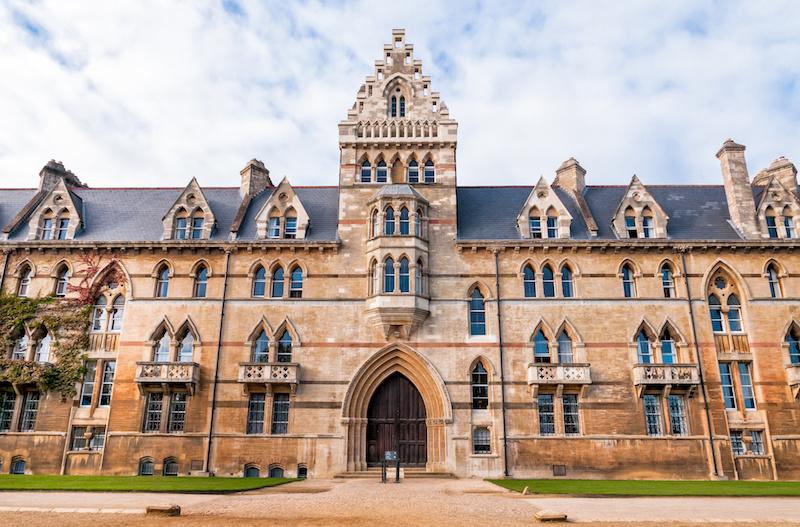
Working together to tackle threats to independent schools
Peter Tait looks at the threats to the UK's independent schools and how to tackle them.
At the inaugural Pressburst Conference which set out to look at ways to improve the communications and marketing in independent schools, much was made of the threats to the sector and how to respond to them.
The list focused on a number of external issues including rising staff and energy costs, political ambivalence, public antipathy or even hostility towards independent schools and the increasing social divide, but there was mention also of how we can help ourselves. To the larger political and financial issues, we rely on the associations to respond on our behalf or should do (there are a number of heads of leading schools who are regularly asked for comments by the media whose responses sometimes place the interests of their own schools over those of the sector).
There is a danger that their messages will be misconstrued to represent the flavour of the sector as a whole and if too brash, boastful or patronising, can do considerable damage to our public image. To ensure we are all pulling together, there are a number of steps schools can follow.
First, manage your social media and know where your comments and images are going to end up – which is often not where they are intended: Photographs of students studying glaciers in Iceland or volcanology in Hawaii, Michelin star plates of food or playing polo may be popular with parents, but not helpful in the wider milieu.
In the drive to award more bursaries – itself, a most commendable and necessary initiative – ask what you can do for a child you are admitting to your school, not what they can do for you. Asset stripping from local schools can engender ill-feeling. Why not take an average student and offer him or her the opportunity to improve themselves without expecting something in return.
Work together.
Heads who attack other school types (and a recent attack on single-sex girls schools by an HMC Head comes to mind) do nothing for the sector. This can be seen in the unseemly scramble for publicity after league table results reflects badly on schools and are meaningless especially when schools obfuscate and select their own interpretations and misleading when so many schools are often highly selective. A more dignified response would be to make no response at all - or better, pull out of the tables.
Take time to work with schools in your local area, especially those you draw from. Prep schools, in particular, need to be treated respectfully and not taken for granted. Invading their historic patch by dropping down to Year 7 entry or going Co-ed at Years 7&8 or making unreasonable demands in terms of scholarship exams does not help and could well lead to more preparatory schools feeling alienated and directing parental traffic elsewhere including towards local grammar and new academies.
Don’t fill your websites with lists of the places your students travel to (I counted 24 different countries plus ‘North and South America’ listed on one website) or on facilities. Focus on student achievements, not things that cost money or simply flaunt the resources and buildings. Eschew the arms race and be more responsible with fees which in terms of social image and parental appreciation eager a bit less profligacy is a win-win.
Use social twitter to promote your school’s values and ethos, not just its successes. Some heads can make a significant impression by doing so (and at the risk of embarrassing them, Mark Mortimer at Warminster and Shaun Fenton at Reigate Grammar do this very well indeed) and by using social media to emphasis what their schools stand for, and what they do rather than what they have.
Highlight the achievements who have done well in the charitable sector or in service fields rather than in sport, media or business.
Work with your local community even if it means trimming back your traditional fixture lists to be more involved with local schools and look for ways to ensure your students are part of. and not living apart from, other local schools and students.
And last, remember that your best marketing tools are your parents, teachers and students. Ask, how well to they serve and represent your values and ethos whether on the side-lines of matches (parents), in the way they present themselves when in the public eye (students) or in their loyalty and advocacy in the community (staff). That’s where the greatest effort should be directed.
All little things, but they might just make a difference in helping dissipate some of the ill-feeling that prevails at present towards the sector.
About the Education Consultant
Peter Tait is a former Head of a leading UK public school and is part of the William Clarence Education Advisory Board
William Clarence Education offers unbiased advice on UK School and University Placement, Oxbridge Admissions, US College Applications, UCAS application and extensive support for parents and students in all aspects of preparing for entry to the UK. Please contact us on 02074128988 to discuss your particular needs, or email info@williamclarence.com
